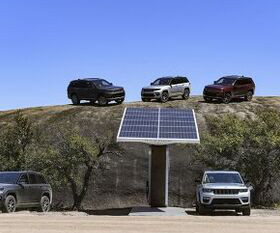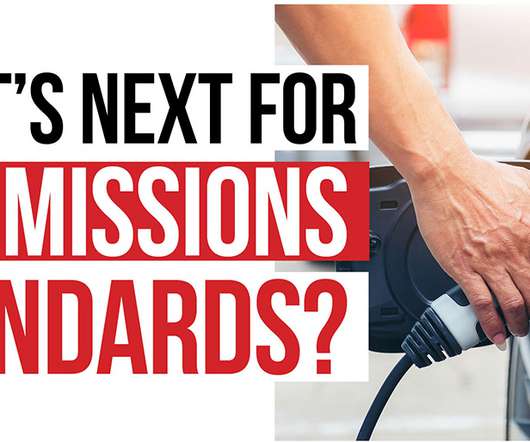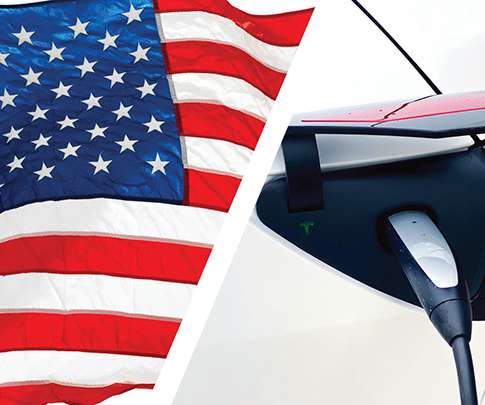Hyundai Motor Group, Aramco and KAUST collaborate on new e-fuel for novel combustion system
Green Car Congress
MARCH 30, 2022
Unlike conventional fuel manufacturing, e-fuels are synthesized from green hydrogen—produced by water electrolysis using renewable electricity—and carbon dioxide, resulting in 80% lower lifecycle emissions. Aramco aims to leverage its advanced fuels technology carefully to design an effective fuel formulation.


































Let's personalize your content